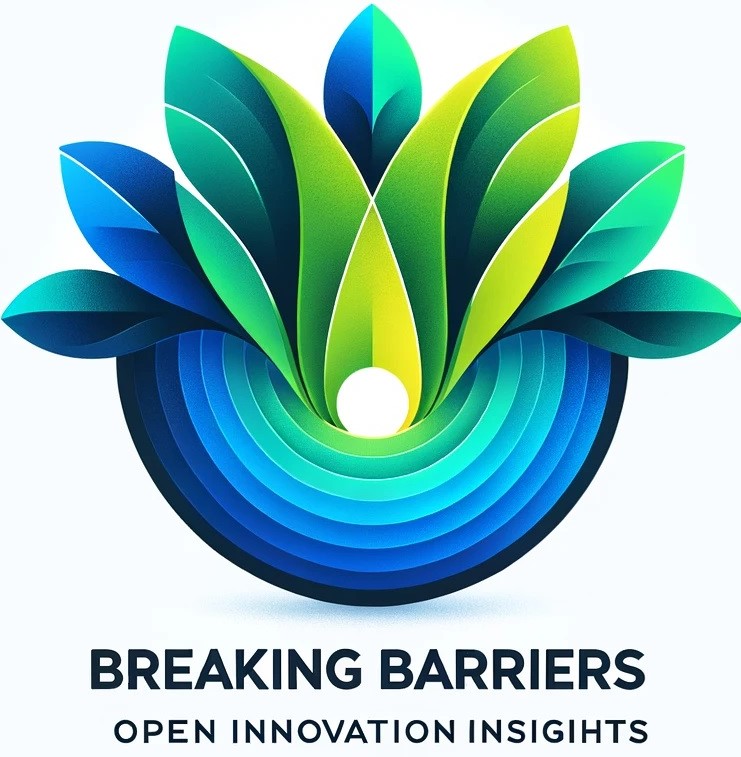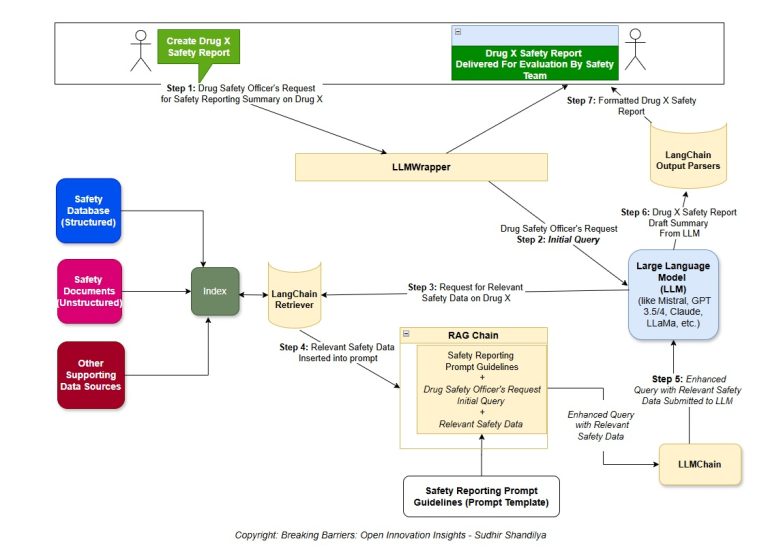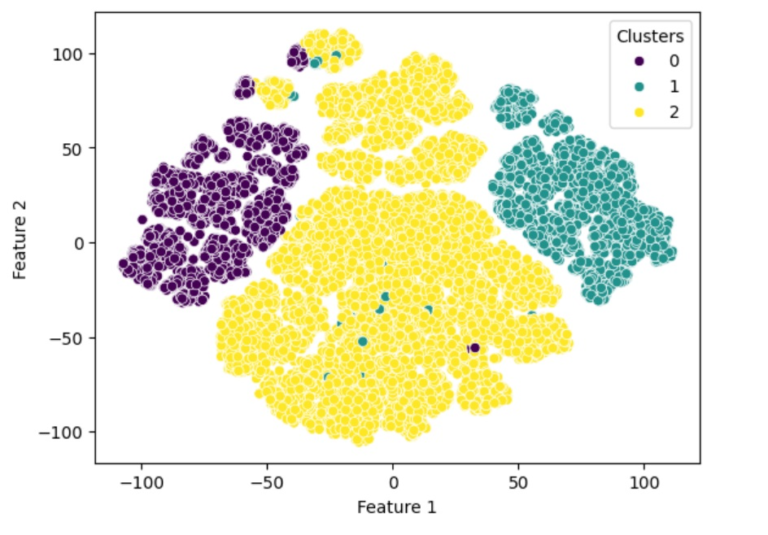
While researching on ways to cross-pollinate business process excellence with the idea of innovation, I stumbled upon this article from Harvard Business Review – The Customer-Centered Innovation Map. This outlines very well a mindset that innovators and business process excellence leaders should consider while finding solutions for their customers. Irrespective of the stage in organization’s life cycle, i.e., whether the organization is in startup stage, early growth, growth, maturity, or decline, process excellence and innovation need each other to enable strategic direction leading to new core competencies while sustaining or improvising on existing core competencies. As professionals, we can learn to dynamically switch between wearing innovators or business-process excellence leader’s hat. It’s a mindset that anybody in any job and at any level can inculcate by following what’s outlined in the article.
The following are a few other ways that innovators and business process excellence leaders should consider, for promoting innovation, while staying cognizant of the business process excellence needs of an organization.
Association – i.e., connecting seemingly unrelated ideas from different fields. We all can cross-pollinate what we don’t know with what we know
Questioning – asking questions that no one has thought about or have asked yet because questions keeps you closer to the problem you are trying to solve and sometimes even correcting it before critical resources are committed
Observing – by observing our customers/individuals, we can learn a lot more about their pain points than by asking customers for their pain points or collecting information from them via surveys. Take tours of the facilities, point of sales, physician offices, hospitals, manufacturing plants, etc. whenever there is an opportunity
Experimenting – learning to prototype or piloting solutions. Learning to fail early
Networking – network with individuals with diverse background, knowledge, and experience. You will always learn something new. There is also a chance that what you learn may help in cross-pollinating ideas within your field or other fields for solving problems. Successful innovators and leaders consistently do that












